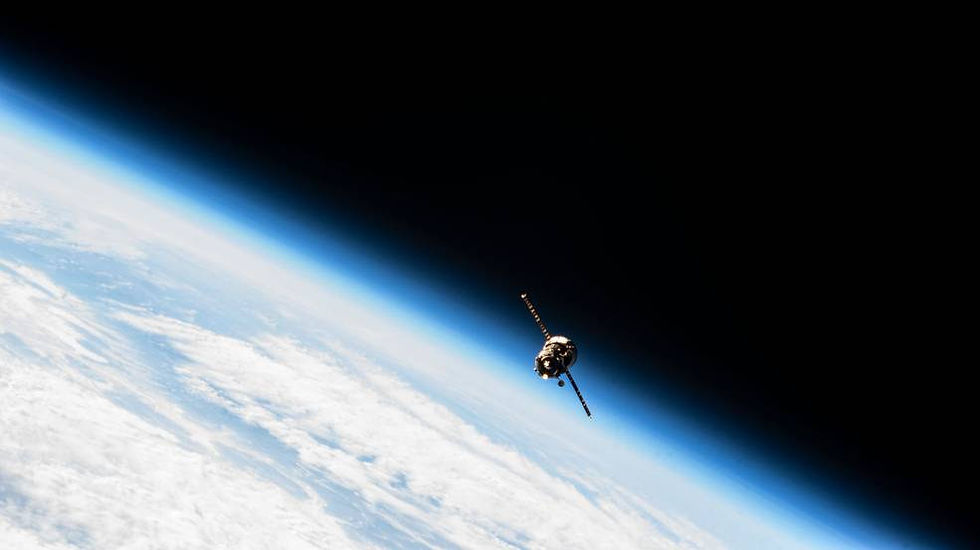
NASA will provide live launch and docking coverage of the Roscosmos Progress 84 cargo spacecraft carrying about three tons of food, fuel, and supplies for the Expedition 69 crew aboard the International Space Station.
The unpiloted spacecraft is scheduled to launch at 8:56 a.m. EDT on Wednesday, May 24, on a Soyuz rocket from the Baikonur Cosmodrome in Kazakhstan. NASA coverage will begin at 8:30 a.m. on NASA Television, the NASA app, and the agency’s website.
The Progress spacecraft will be placed into a two-orbit journey to the station, leading to an automatic docking to the Poisk module at 12:20 p.m. NASA coverage will resume at 11:30 a.m. for rendezvous and docking.
The spacecraft will remain at the orbiting laboratory for approximately six months, then undock for a destructive but safe re-entry into Earth’s atmosphere to dispose of trash loaded by the crew.
The International Space Station is a convergence of science, technology, and human innovation that enables research not possible on Earth. For more than 22 years, NASA has supported a continuous U.S. human presence aboard the orbiting laboratory, through which humans have learned to live and work in space for extended periods of time. The space station is a springboard for the development of a low Earth orbit economy and NASA's next great leaps in exploration, including missions to the Moon under Artemis and ultimately, human exploration of Mars.
Comments